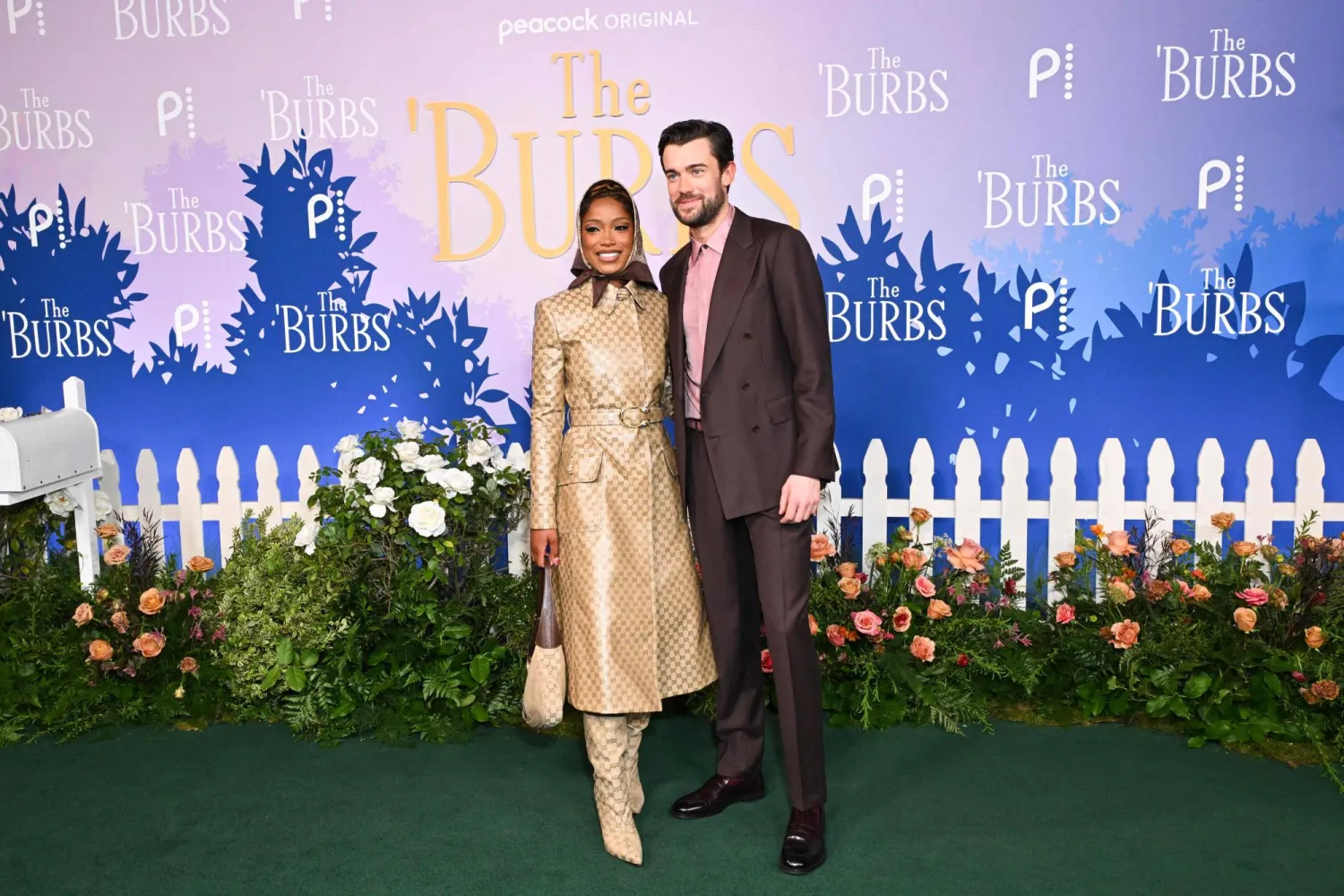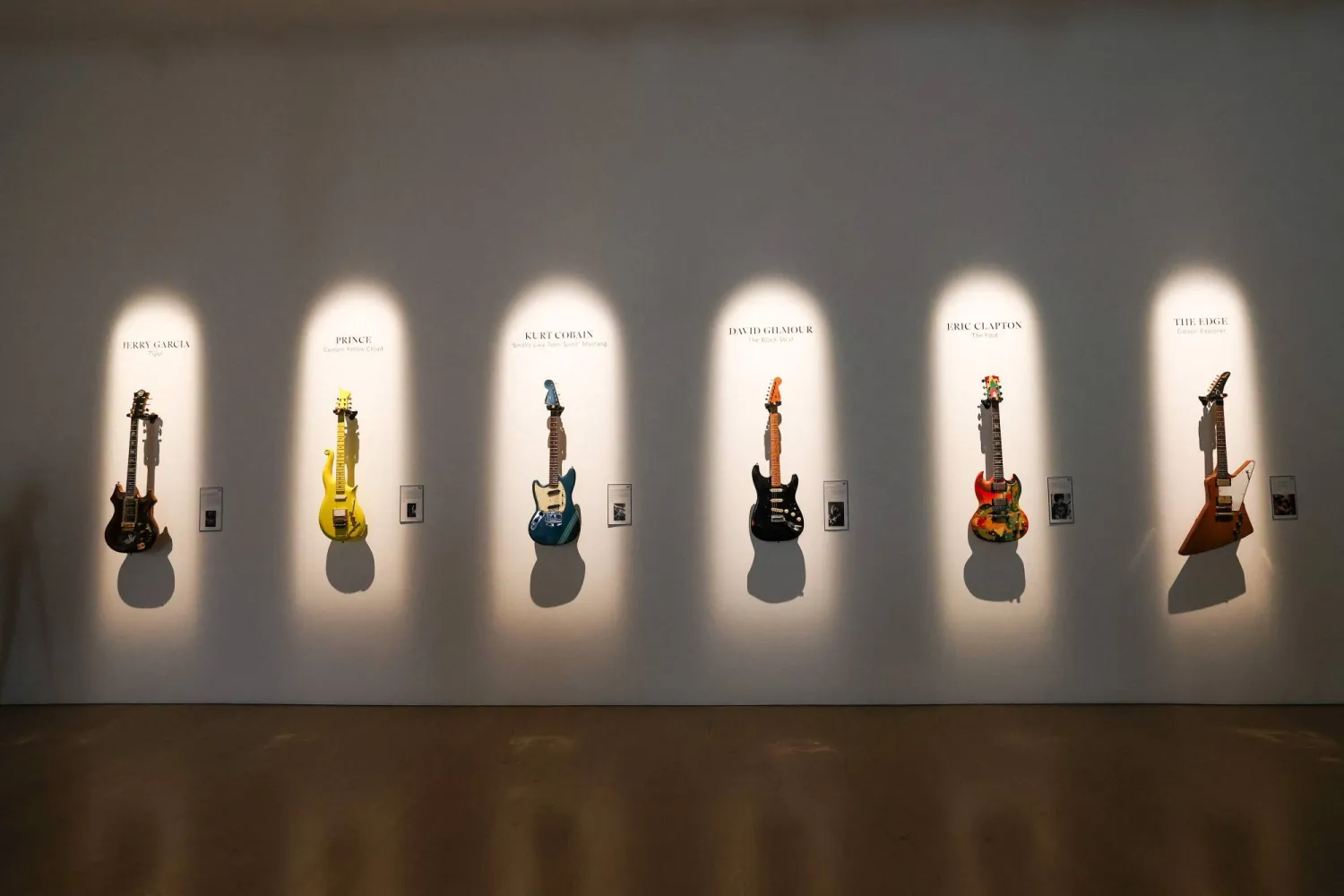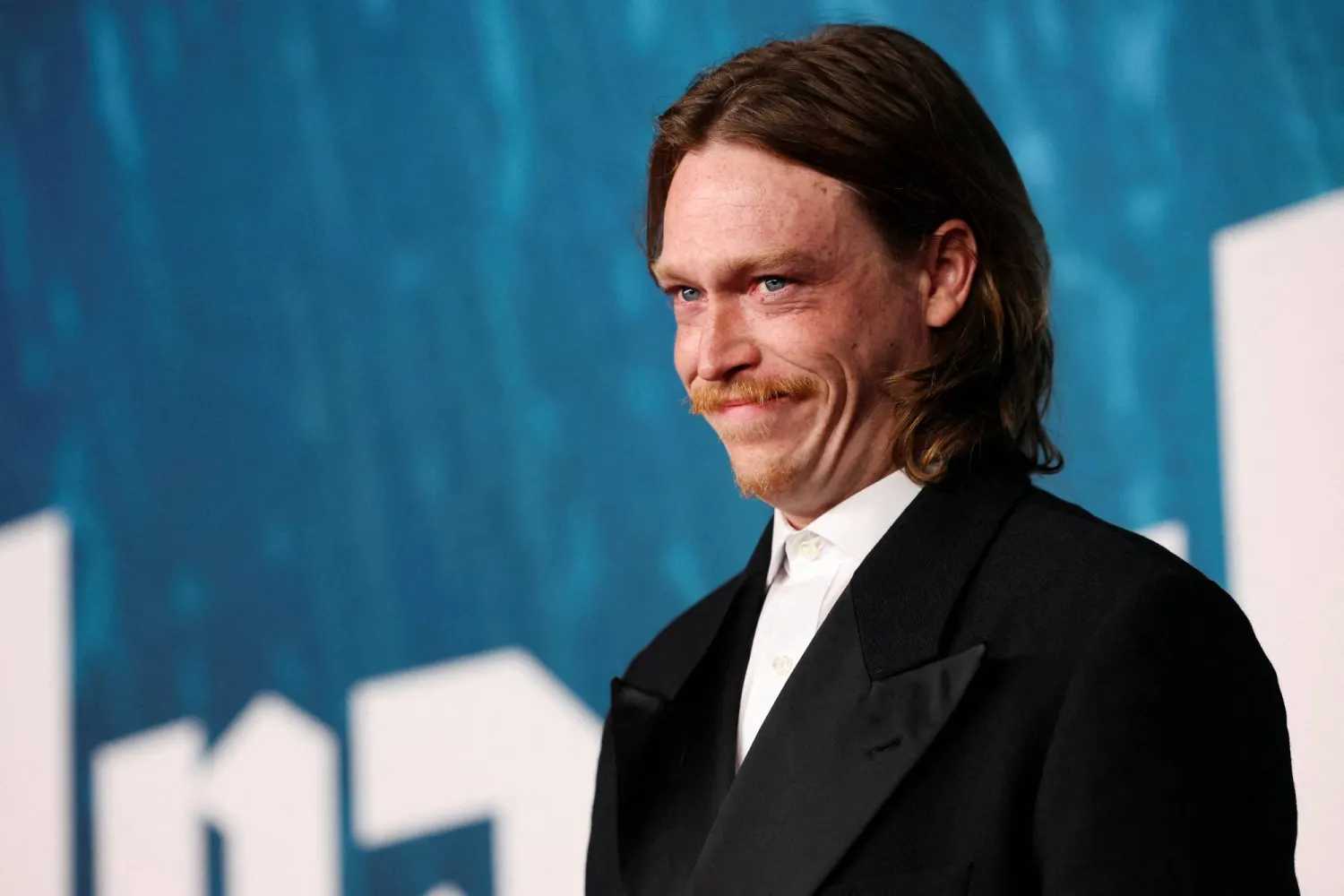Hercule Poirot is one of those literary heroes, like James Bond or Sherlock Holmes, whose image blazes brightly in the popular imagination. From his debut in Agatha Christie’s 1920 novel, “The Mysterious Affair at Styles,” through his final appearance in “Curtain,” published in 1975, the Belgian detective cut a simple, distinctive figure: a “quaint, dandified little man,” as Christie wrote, “hardly more than 5 foot 4 inches,” with a head “exactly the shape of an egg,” a “pink-tipped nose” and, in what is probably the most famous instance of facial hair in the history of English literature, an enormous, “upward-curled mustache” — which Christie later boasted was no less than the finest one in England.
Christie wrote more than 80 novels and short stories about Poirot, and nearly all of them have been adapted for film and television. Many actors have stepped into the role over the years, each trying to give it his own spin, much as a stage actor might take a fresh crack at King Lear. Tony Randall, in Frank Tashlin’s 1965 mystery-comedy “The Alphabet Murders,” played it for laughs, exaggerating Poirot’s exotic pomposity with farcical zeal. By contrast, Alfred Molina, in a made-for-TV version of “Murder on the Orient Express” from 2001, brought a subtler, more muted touch, softening the character’s sometimes cartoonish extravagance. Hugh Laurie once even donned the iconic ’stache for a cameo in “Spice World,” letting Baby Spice (Emma Bunton) get away with murder.
But of the dozens of takes on Poirot over the last century or so, only a handful have truly endured, leaving a permanent mark on the character. These are the interpretations that come to mind when most people think of Hercule Poirot, and in their own way, each of these versions seems to some extent definitive. As Kenneth Branagh’s “Death on the Nile” arrives in cinemas, we look back at the most famous and esteemed versions.
1931-34
Austin Trevor
As he was young, tall and (unforgivably) clean-shaven, the dashing leading man Austin Trevor was a conspicuous — some might say egregious — departure from the source material. He starred in three adaptations of Poirot’s adventures between 1931 and 1934, of which only the last, “Lord Edgware Dies,” survives today (available on YouTube). Trevor’s portrayal, while pleasant in its own right, differed enough from Christie’s description that the magazine Picturegoer Weekly ran an editorial lambasting it, under the headline “Bad Casting.” The most flagrant change is to the world-famous Belgian’s nationality: This Poirot has been inexplicably made a Parisian.
“Lord Edgware Dies,” based on a Christie novel known as “Thirteen at Dinner” in the United States, concerns a wealthy American actress and socialite (Jane Carr) who commissions Poirot to secure her divorce from her obstinate husband, Lord Edgware (C. V. France). Edgware soon agrees, then turns up dead; Poirot, intrigued, investigates the murder. Detective films were popular in the early 1930s, and Trevor’s Poirot feels indebted to other charming, debonair sleuths of the era, in particular those played by William Powell in films like “The Thin Man” and “The Kennel Murder Case.” In all, it’s an adequate if unfaithful rendition, but it’s a relief that Christie’s creation was later realized with more fidelity.
1974
Albert Finney
Among other virtues, Albert Finney’s portrayal in Sidney Lumet’s “Murder on the Orient Express” (available to stream on Paramount+) is a major feat of makeup and prosthetics: a full-face getup encompassing wrinkles, jowls and false nose, designed to make the trim, 38-year-old Finney look the part of the world-weary Poirot in portly middle age. Lumet’s adaptation of one of Christie’s most celebrated books is a New Hollywood love letter to the Golden Age, with Finney leading an ensemble that includes such luminaries as Ingrid Bergman and Lauren Bacall. A rail-bound chamber drama structured around long, loquacious interrogation scenes, it’s an acting showcase of the classical variety. (Incidentally, this is the only Poirot performance to be nominated for an Oscar.)
Finney’s Poirot is curt and flinty, his clipped accent gruff and gravel-throated. While he embodies many of the qualities characteristic of Christie’s original — cunning, headstrong, fastidious about his appearance — he is more serious and vehement, and scrutinizes the evidence grimly, with great intensity, like a predator carefully circling his prey. The film’s climax is explosive, with Finney rattling off his conclusions about the case in a frenzied fever pitch.
1978-88
Peter Ustinov
The English actor Peter Ustinov appeared as Poirot a half-dozen times, beginning with the magnificent “Death on the Nile” in 1978 (streaming on the Criterion Channel). This Poirot is playful, boyish, even a bit whimsical; Ustinov imbues him with a light, teasing air, finding a latent amusement in even the most diabolical matters. Fans who prefer Ustinov in the role tend to respond to his immense warmth: He has a grandfatherly manner that makes him instantly likable, which also cleverly belies his brilliance and perspicacity. You sort of expect Finney’s Poirot to get to the bottom of things, but with Ustinov, the sudden penetrating deductions feel like more of a surprise.
Ustinov took to the part so naturally that he continued to play Poirot onscreen for 10 more years. “Death on the Nile” was followed in 1982 by “Evil Under the Sun,” co-starring James Mason and based on the novel of the same name, and then several made-for-television films, including “Dead Man’s Folly” and “Murder in Three Acts.” Curiously, the TV movies did away with the period setting of the previous features, transplanting Ustinov’s Poirot from the 1930s to the present day — a poor fit that finds Poirot visiting such incongruous locales as the set of a prime-time talk show.
1989-2013
David Suchet
“You’re Poirot?” a woman asks, aghast, in the opening minutes of the pilot episode of “Agatha Christie’s Poirot,” the ITV series about the detective. “You’re not a bit how I thought you’d be.” David Suchet, the star, shrugs: C’est moi. Ironically, for most viewers, Suchet is not just like Poirot, he’s synonymous with him. The actor played him on television for nearly 25 years, appearing in 70 episodes, ultimately covering Christie’s entire Poirot corpus, concluding with “Curtain: Poirot’s Last Case” in 2013. Each episode is like a self-contained movie, telling a complete story and often running to feature length.
Suchet’s rendition was extremely faithful to Christie’s account. He is prim, charming and ultrafastidious; he is vain but considerate, sharp but deferential, faultless about manners and etiquette but, when it is time to issue a verdict, thoroughly ruthless. As time went on, however, Suchet’s performance deepened and expanded, giving Poirot new layers of psychological complexity. The show’s later seasons grew darker in tone, and Suchet, drawing on his decades-long relationship with the character, seized upon the gravity of that history to captivating — and deeply moving — effect.
I find his take on Poirot, with its palpable depth of feeling, to be the most compelling and richly realized of them all.
2017-Present
Kenneth Branagh
Christie herself famously disparaged Albert Finney’s mustache as too insubstantial for the great Poirot. To Kenneth Branagh’s grand, sweeping crescent she would presumably not have the same objection. This ostentatious facial hair seems appropriate for a pair of movies — 2017’s “Murder on the Orient Express” and the newly released “Death on the Nile” — that are extremely lavish in every facet, from wardrobe to makeup and production design. Branagh directed these films with an eye toward scale, and his flamboyant take on the character is well suited to the postcard-perfect, computer-graphics-enhanced vistas against which he’s set.
Branagh’s take on Poirot is certainly more theatrical than many others. He plays the detective as winking and jocular, with a somewhat foolish aspect — in one of the first scenes of “Murder on the Orient Express,” he steps in manure — while at the same time giving him a bit of action-flick bravado, empowering him to engage in fisticuffs, shootouts and even the occasional chase. He’s not entirely true to the character as written, which some Christie fans have found off-putting. But it’s abundantly clear that Branagh adores this character, and he has endeavored, in his own way, to make Poirot his own.
The New York Times









